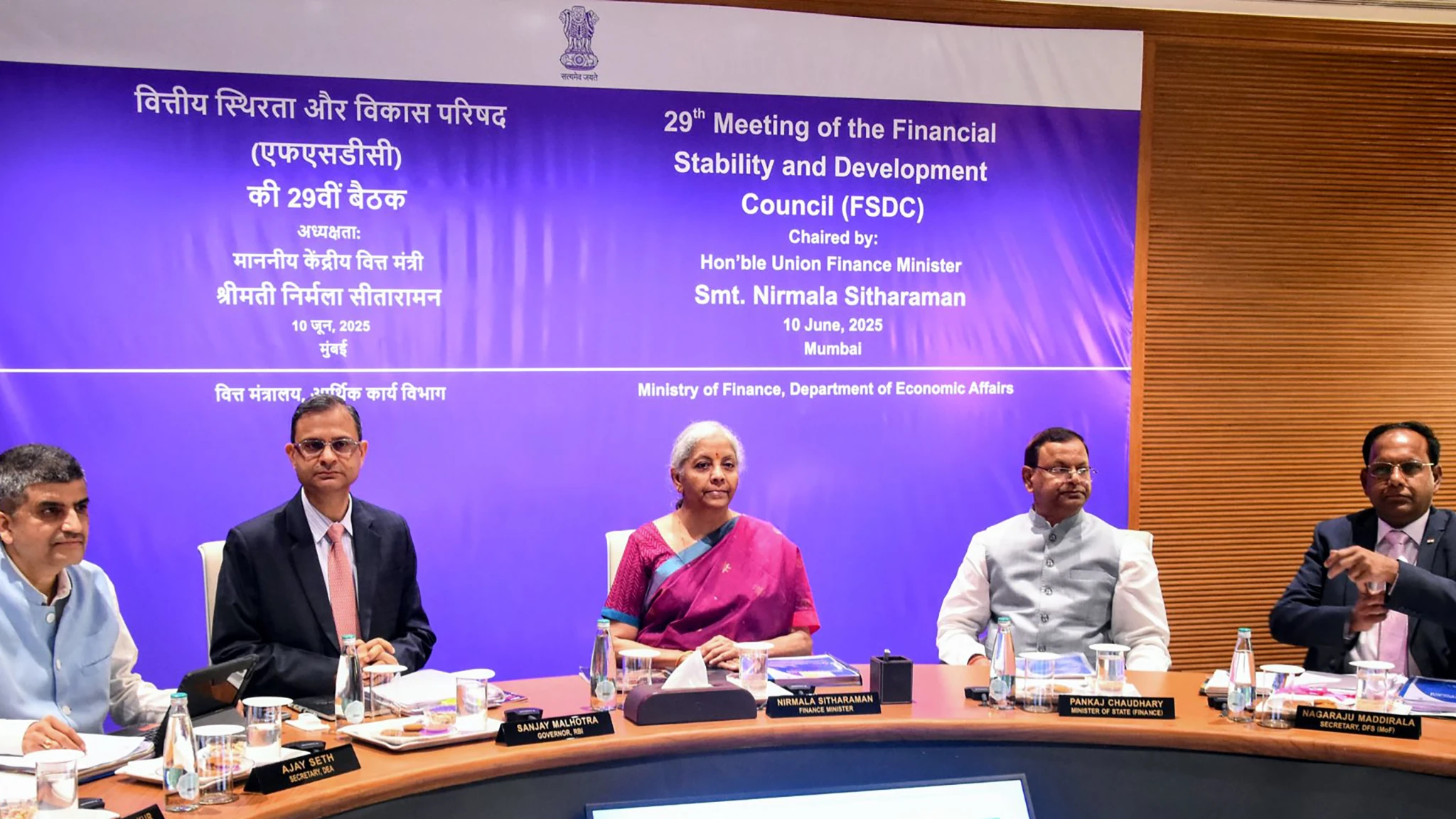The Indian capital market presents a fascinating paradox. While economic indicators flash warning signs, retail investors continue to pour money into the markets, seemingly unfazed. This resilience coincides with a surge of innovation in the B2B payments space, promising to reshape how businesses operate. Is this a disconnect, or are these trends intertwined in ways that point to a robust future for the Indian economy?
Retail Rush Unfazed by Gloom
Data from the Association of Mutual Funds in India (AMFI) reveals a compelling narrative. Systematic Investment Plan (SIP) flows have tripled since FY2020, reaching a staggering ₹25,320 crore in November. SIP accounts have also hit a record 10.2 crore. This retail exuberance stands in stark contrast to macroeconomic realities. GDP growth has slowed, inflation has breached the Reserve Bank of India’s (RBI) target, and corporate earnings are showing signs of strain. Analysts are even trimming their FY2025 earnings forecasts. Despite market corrections in September, the SIP juggernaut rolls on. While some analysts point to a rise in SIP stoppages indicating caution, the overall trend suggests a fundamental shift. Indian households increasingly view mutual funds as a primary investment avenue, moving away from traditional bank deposits, as noted by Neha Dave from MC Pro Research.
B2B Innovation Powers Business Growth
Concurrently, a revolution is brewing in the plumbing of commerce – B2B payments. It’s no longer just about moving money; it’s about building a new financial infrastructure. PYMNTS.com highlights how businesses are adopting advanced tools to eliminate inefficiencies and cut costs. Digitisation of invoicing and payment workflows is streamlining operations. Treasury departments are benefiting from mobile apps like Bank of America’s CashPro, which has processed over $1 trillion in payment approvals. AI-powered solutions are tackling error-prone manual accounts payable processes, as seen in the partnership between FISCAL Technologies and Proservartner. Even same-day ACH payments, enabled by companies like FlexPoint, are becoming a reality, leveraging the Federal Reserve’s FedNow® Service. Crucially, these innovations are empowering Small and Medium Businesses (SMBs). Solutions like Mynt and Loop, along with integrations like QuickBooks with Amazon Seller Central, are providing SMBs with access to sophisticated financial management tools previously reserved for larger enterprises.
Synergy for a Stronger Economy
These seemingly disparate trends – the retail investment boom and B2B payment innovation – might be more connected than they appear. The consistent inflow of retail money into mutual funds provides a crucial source of capital for businesses. This capital, in turn, can fuel growth and innovation. Efficient B2B payment systems further amplify this by reducing operational friction, improving cash flow, and enabling businesses, especially SMBs, to operate more effectively and expand. This creates a positive feedback loop, strengthening the overall economy.
Will this retail enthusiasm and B2B innovation tide continue? Likely, yes. As financial literacy grows and technology adoption accelerates across India, both retail participation in markets and the demand for efficient B2B financial solutions are poised to expand further, laying a foundation for sustained economic growth, despite any short-term market jitters.










Leave a Reply